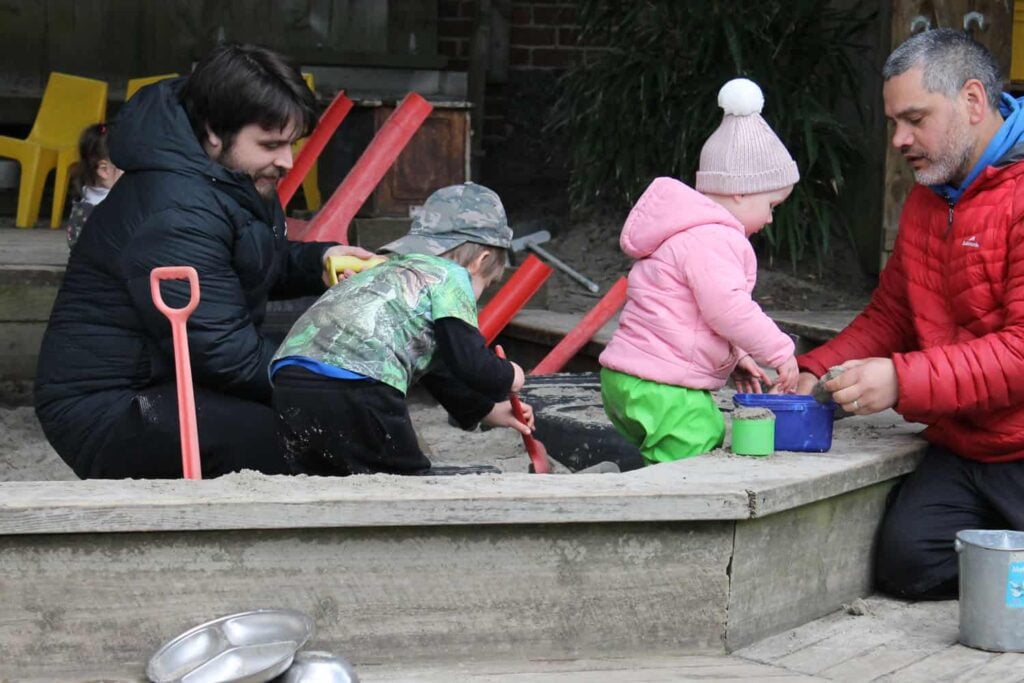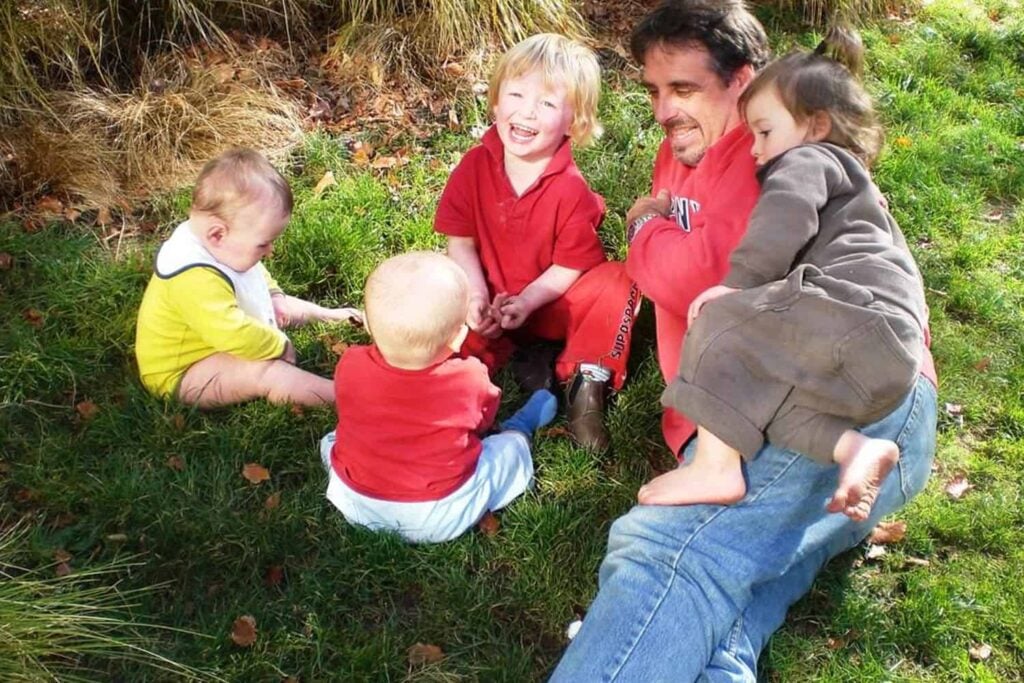Members of the ECE Regulatory Review Group.
February 4, 2021.
Wellington.
Members
Public nominations for members of the advisory group were not requested by the Ministry. The advisory group comprise of:
One representative for teachers
NZEI Te Riu Roa union
Shelly Hughes (staff)
One representative for children and quality ECE
Dr Sarah Alexander
Four individual service providers
Te Kōhanga Reo National Trust – Arapera Royal Tangaere and Esther Tinirau
Playcentre Aotearoa – Thomas Tawhiri (staff)
BestStart centres – Fiona Hughes (staff)
PAUA home-based – Raewyn Overton-Stuart (owner)
Four groups representing the views of their centre operator members
Early Childhood Council business lobby:
Peter Reynolds (staff, ECC)
with
Emma Norrie (staff – Evolve Education)
Tim Wong (staff – Evolve Education)
Andrew Philipps (owner – Provincial Education)
Montessori MANZ Assn – Cathy Wilson (staff)
Te Rito Maioha – Catherine Bell (staff)
with
Jo Lambert (staff – Barnardos)
New Zealand Kindergartens – Jill Bond (staff)
with
Pauline Winter (staff – Auckland Kindergarten Assn)
The Ministry’s selection of advisory group members is top heavy with ECE service providers and their paid representatives. But service providers should not be involved in setting regulations for themselves. Always, someone other than those who are expected to meet regulations should be involved in advising and determining the regulations.
There is inadequate representation of service users and community interests (see Who’s Who in our early childhood sector)
There is a notable absence of experts except for Dr Sarah Alexander invited to join because of her work in the area of regulations, advocacy for children, and expertise in quality early childhood education and care.
Missing is representation from the Office of the Children’s Commissioner.
Missing is the Teaching Council Matatū Aotearoa as the professional body representing teachers in early childhood education.
NZEI represents teachers, principally in kindergartens and education and care centres for collective contract negotiations and employment conditions but there also are many teaching staff who are not members of NZEI. Therefore, there is a significant gap in the representation of teaching staff (including both unqualified and qualified) which could be filled by the appointment of a representative from the Teachers’ Advocacy Group.
The viewpoints of providers of single and small groups of teacher-led centres may be assumed by the Ministry to be largely represented by the ECC business group but they may not be willing to be financial members of the ECC and may not want this business group to be influencing their fate. The ECC’s focus will inevitably be on its large members’ interests. A small number of stand-alone service providers have been included but the basis for their selection over other service providers is not explained.
The voice of hospital-based services, the NZ Home-based Childcare Assn, the Correspondence School (it provides ECE), and certificated playgroups is not present in the advisory group.
Those people who are representing groups can represent only their personal voice to the Ministry in advisory group discussions. Advisory group members are expected to maintain the confidentiality of all information provided. Should they mention or share any conversation or document from the meetings with their employer, board members, services, or people they are representing then this becomes a violation of the Terms of Reference. The terms of reference for the advisory group are “Members are not to disclose any of the information they receive due to their role as a member unless the Ministry specifically indicates that they can disclose certain information.” So far, the Ministry has not given written permission to advisory group members to share any information with the services for which they are the paid representatives of, apart from what it has publicly released. This would not be a problem except that the Ministry has given preference to selecting individuals who are paid representatives and not on the basis of their qualifications, or cv.









